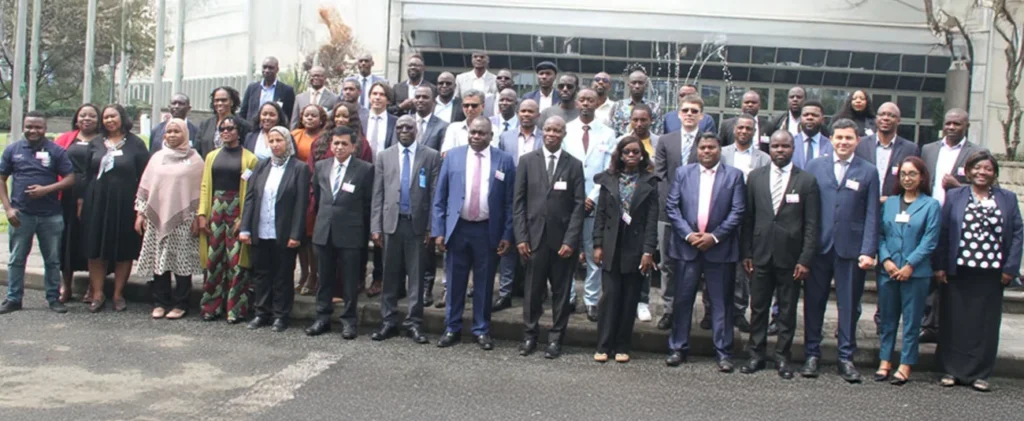AfDB, Partners Accelerate Africa’s Data Revolution with SDMX and Open Data Platform 2.0
The African Development Bank’s (AfDB) Statistics Department, in partnership with the African Union Institute of Statistics (STATAFRIC), the Africa Centre for Statistics at the United Nations Economic Commission for Africa (UNECA), and other global institutions, has concluded a week-long regional workshop to advance Africa’s data revolution.
Held in Addis Ababa from 21 to 25 July 2025, the training focused on the Statistical Data and Metadata Exchange (SDMX) standard and the Bank’s upgraded Open Data Platform 2.0 (ODP 2.0). More than 40 participants from 16 African countries, along with representatives from the International Monetary Fund, World Bank, Food and Agriculture Organization, Paris21, and four regional bodies, took part in hands-on sessions aimed at enhancing statistical data management and dissemination.
SDMX, recognised as a leading global standard for statistical data exchange, is expected to improve the efficiency, integration, and comparability of national, regional, and global statistical systems. The adoption of this framework across Africa will strengthen evidence-based policymaking and promote more reliable official statistics.
The ODP 2.0 platform, developed under AfDB’s Africa Information Highway initiative, is designed to be SDMX-native, enabling greater interoperability, accessibility, and readiness for emerging technologies, including artificial intelligence.
In opening remarks, AfDB, UNECA, and STATAFRIC officials reaffirmed their commitment to supporting SDMX adoption, pledging closer collaboration with Regional Economic Communities to ensure consistent implementation across the continent.
Progress in Africa’s open data practices was also showcased through the 2024-2025 Open Data Inventory (ODIN) report, which surveyed 197 countries. Ten African nations scored above 60 out of 100, up from just two in 2020, while Morocco (77.3), Burkina Faso (76.8), and Senegal (75.3) entered the world’s top 35 performers for the first time. Between 2022 and 2024, Africa recorded the highest regional increase in average ODIN scores, rising by 23%.
The Addis Ababa workshop marked a milestone in Africa’s journey to modernise its data ecosystems, strengthen statistical capacity, and drive inclusive development through more accessible, high-quality data.



